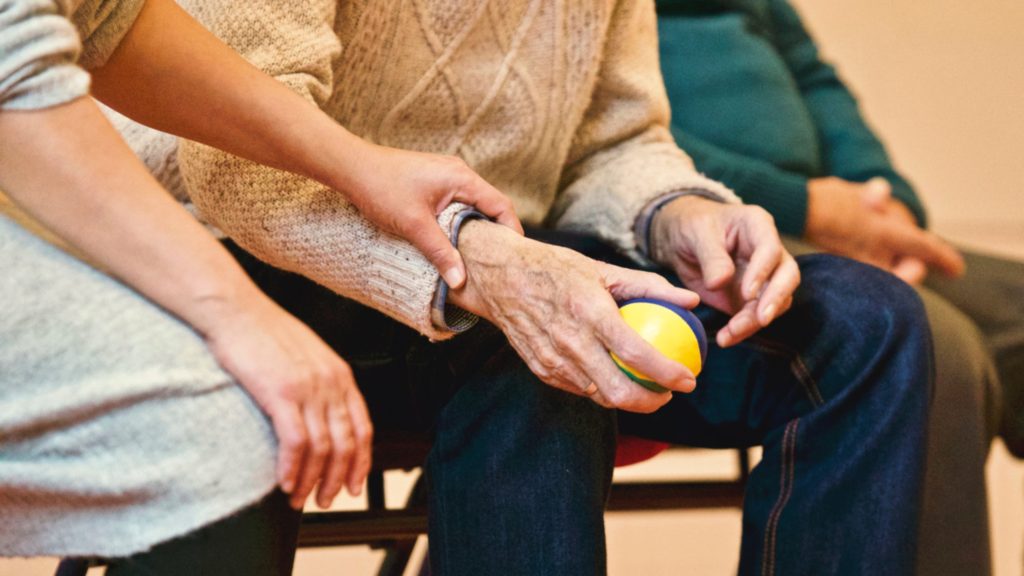
Family members who grow older sometimes need extra medical care. When this happens, they may be placed in a nursing home by their loved ones. This is done with the expectation that they will be properly taken care of. However, this is unfortunately not always the case. There are many cases in which people are mistreated in nursing homes. This is why it is important for people with loved ones in nursing homes to look out for warning signs of abuse within the facility.
What is Medical Malpractice?
All healthcare professionals have a lawful obligation to care for their patients to the best of their ability. This means following the proper standard of care. If they fail to do so, they can be found guilty of medical malpractice. Actions that can be considered malpractice can include the failure to diagnose, surgical mistakes, medicinal errors, insufficient consent, and more.
Signs of Abuse
When a person places their loved one in a nursing home, it is important to watch for signs of abuse. This can be seen through physical abuse, sexual abuse, medication errors, and more. Some signs to look out for may include:
- Broken bones
- Unexplained bruises
- Malnutrition
- Dehydration
- Bedsores
- Sudden weight loss
- If the loved one expresses a fear of being left alone
The Older Adults Protective Services Act was amended in 1997 to require reporting suspected abuse. All administrators or employees of a nursing home are required to report any abuse they may suspect to the local Area Agency on Aging and licensed agencies. If it is sexual abuse, a serious physical or bodily injury, or suspicious death, additional reporting to the Department of Aging and local law enforcement is required.
What rights do residents have?
Nursing home residents have certain rights. It is important they are aware of their rights. This can include the following:
- To be informed of their personal medical conditions
- To be informed of any charges or services
- To receive the policies, resident rights and procedures of their facility in writing
- To be free of restraints unless medically ordered
- To manage their own finances
- To choose their own doctor and pharmacy
- All records are confidential
- To have their privacy, respect, and dignity maintained
- To participate in their plan of care and refuse any treatment they wish
- To voice their concerns without fear
- To receive immediate visitor access from loved ones
- To not be discharged or transferred unless for medical reasons, if the facility closes, nonpayment, or for reasons of their welfare or other residents’ welfare
Contact our Firm
Friedman Schuman is an experienced and dedicated legal resource for clients throughout Pennsylvania. We proudly serve clients facing a wide range of legal matters. If you require the services of an effective attorney, please contact Friedman Schuman today to schedule a consultation.



